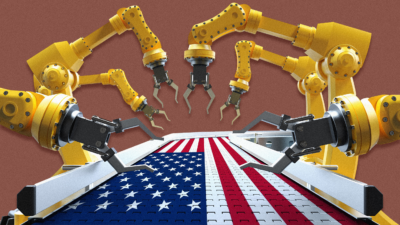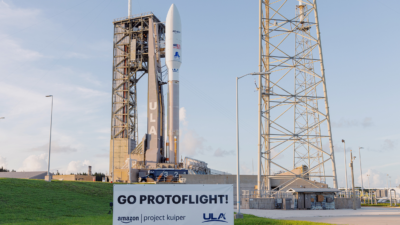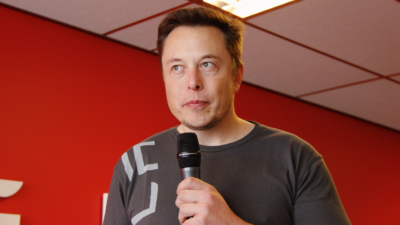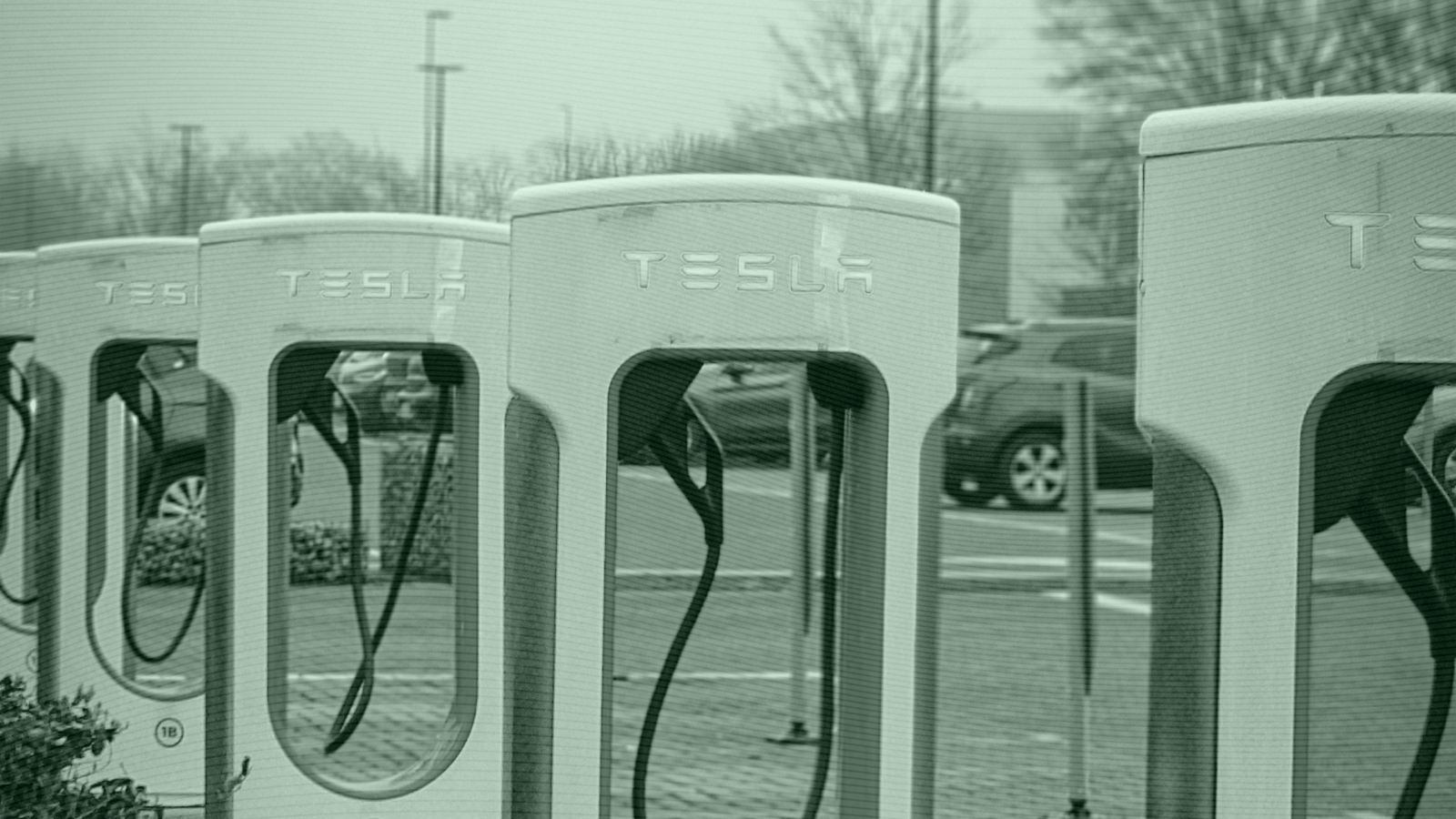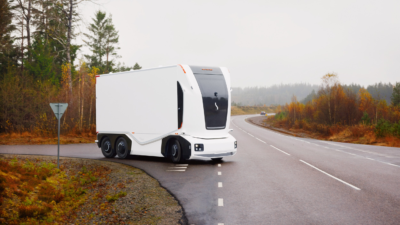EV Maker Fisker Folds in a Troubled EV Market
Fisker, the electric vehicle startup, filed for Chapter 11 bankruptcy Tuesday. The real surprise is that it stuck around as long as it did.
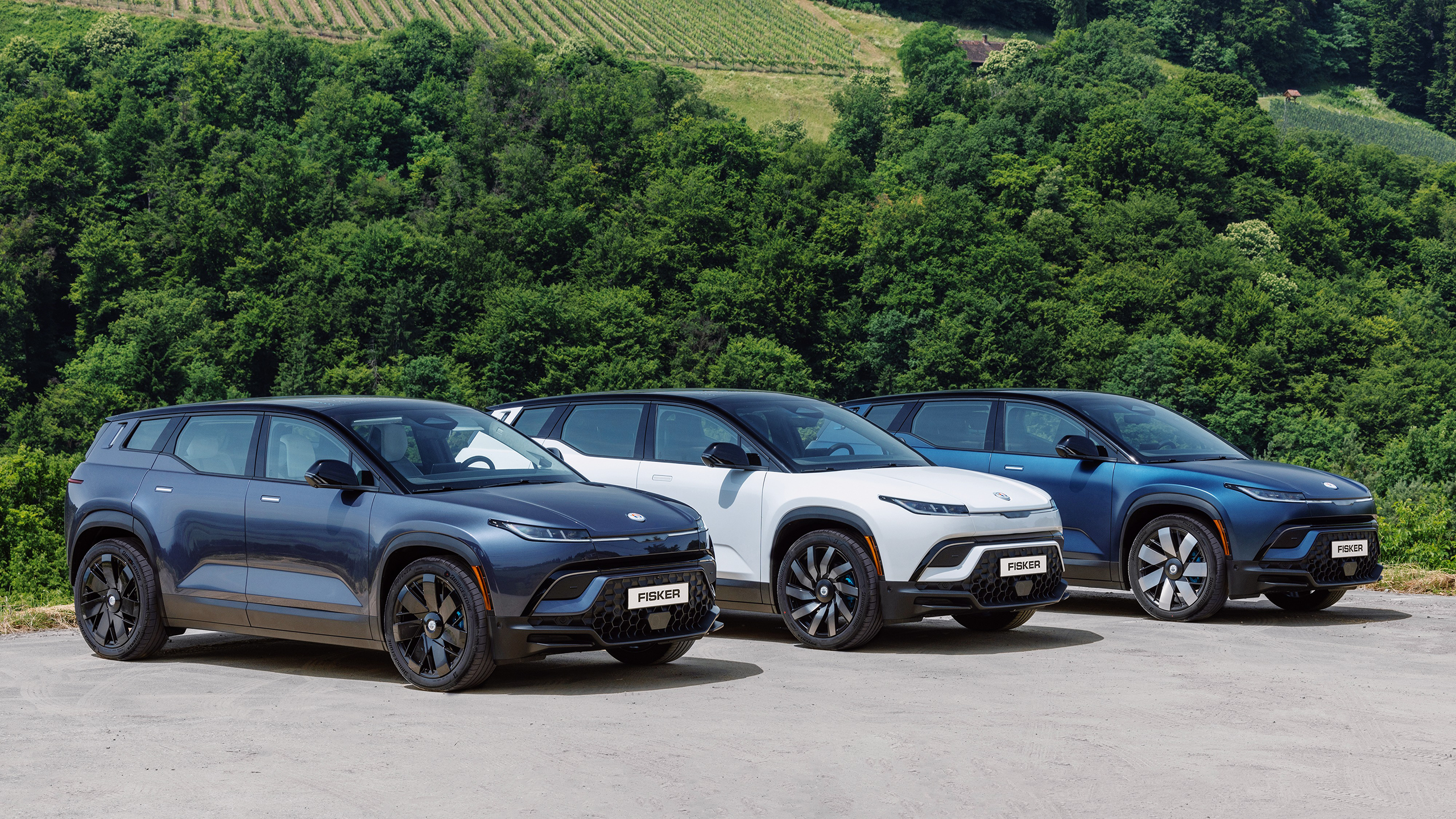
Sign up for smart news, insights, and analysis on the biggest financial stories of the day.
Fisker, whose flagship electric vehicle holds the distinction of being the worst car YouTube gearhead Marques Brownlee has ever reviewed, filed for Chapter 11 bankruptcy.
The real surprise is that the California-based EV manufacturer and a handful of other EV startups have managed to stick around as long as they have in a rapidly changing EV landscape.
Everybody Wants to be Tesla
Even Tesla, the EV startup that remains the envy of most car makers, is far from Ludicrous Mode. In the first quarter, total automotive revenues were down 13% year-over-year, and its stock is one of the worst performers on the S&P 500, plummeting 25% year-to-date. As for the Big Three — Ford, General Motors, and Stellantis — they’re still figuring out their EV game plan, and hybrids are all the rage anyhow. US EV sales went up last year, but still only amounted to less than 10% of all car purchases, according to Kelley Blue Book.
Small wonder EV startups are dropping like electric flies. Besides Fisker, the past few years have brought the demise of Lordstown Motors, Arrival, and Electric Last Mile. EV big-rig maker Nikola is still in the game, although its CEO was sentenced to four years in prison last December for exaggerating the company tech’s capabilities to investors. The other EV startup survivors are doing better. Slightly:
- Since its November 2021 IPO, Rivian has seen its share price drop around 90%, and from 2021 to the end of 2023, it incurred roughly $17 billion in losses. If all goes to plan and the company gets its more affordable R2 model to production by early 2026, Rivian might just be able to scale its business around the SUV’s potential success. Keyword: might.
- Lucid has fared a little better: Its stock has fallen just 85% since its July 2021 SPAC, and being majority-owned by Saudi Arabia’s $700 billion Public Investment Fund suggests some wiggle room. Though maybe not much; in May, Lucid cut 6% of its workforce — or 400 employees — ahead of its Gravity SUV launch later this year, after cutting 1,300 workers last year.
How the East was Won: Meanwhile, halfway around the world, Chinese manufacturers are churning out more than half of all the EVs produced anywhere. Brands like BYD and Geely are able to price their cars extremely low thanks to cheap labor costs, hefty government subsidies, and easy access to battery materials. You won’t find it in the US because of poor geopolitical relations and a 100% import tariff, but don’t be surprised to see flocks of BYD’s $10,000 Seagull elsewhere in the world.


